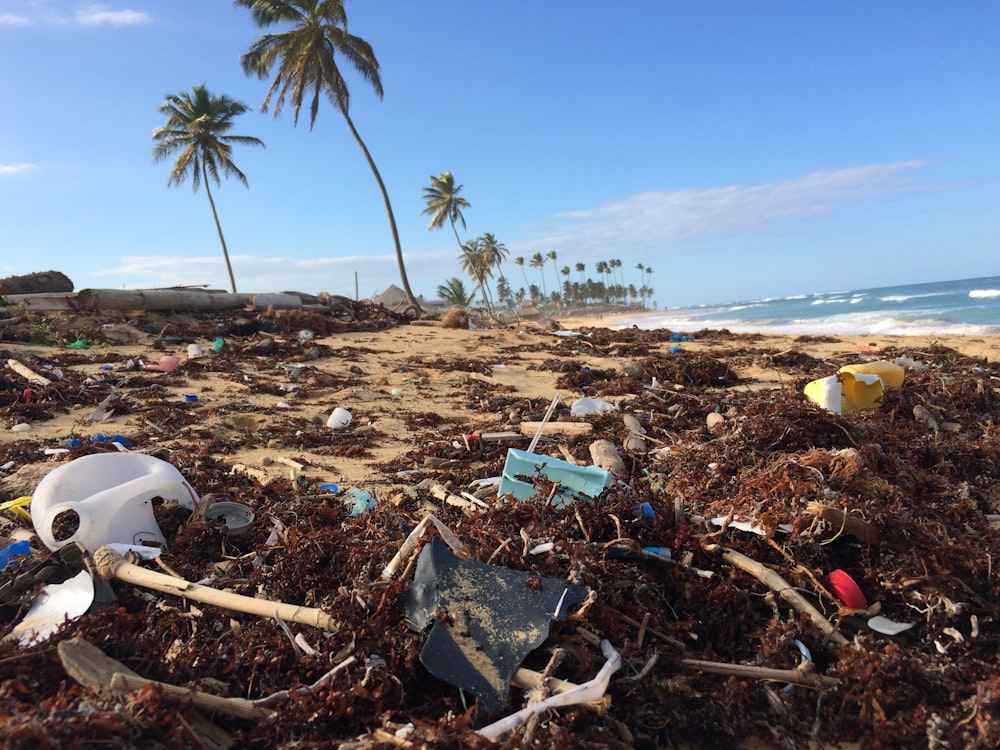LaBeaud’s quest to eradicate mosquito-borne diseases led to an unlikely culprit: plastic trash
via Stanford Report
In 2021, Stanford pediatrician and arbovirologist Desiree LaBeaud and her colleagues launched the nonprofit organization HERI-Kenya to reduce the spread of mosquito-borne diseases in Kenya by cleaning up the plastic waste where the insect breed.
The Aedes aegypti mosquito is a global havoc-wreaker, responsible for debilitating and deadly illnesses ranging from dengue fever to chikungunya and Zika virus. With a prodigious ability to multiply and a growing range extending from Africa and South America to much of Asia and many parts of the United States, it infects an estimated 400 million people annually.

No vaccines or therapeutics are available for these illnesses, so targeting the insect’s breeding grounds is critical to saving lives.
That’s why, in 2015, one of the first things Desiree LaBeaud did upon joining the Stanford Department of Pediatrics was apply for a Bechtel Faculty Scholar Award. She wanted to use the funds to teach Kenyan school children and community members about the mosquito breeding grounds around their homes. She had been studying mosquito-borne illness in Kenya for over a decade as a pediatric arbovirologist, a specialist who studies diseases caused by blood-sucking insects such as mosquitoes and ticks. She saw that dengue fever was sickening many Kenyan children due to a lack of awareness about its cause and how to prevent it.
Read the full story here: https://news.stanford.edu/report/2022/02/09/investigating-mosquito-borne-diseases-led-unlikely-culprit-plastic-trash/





You must be logged in to post a comment.